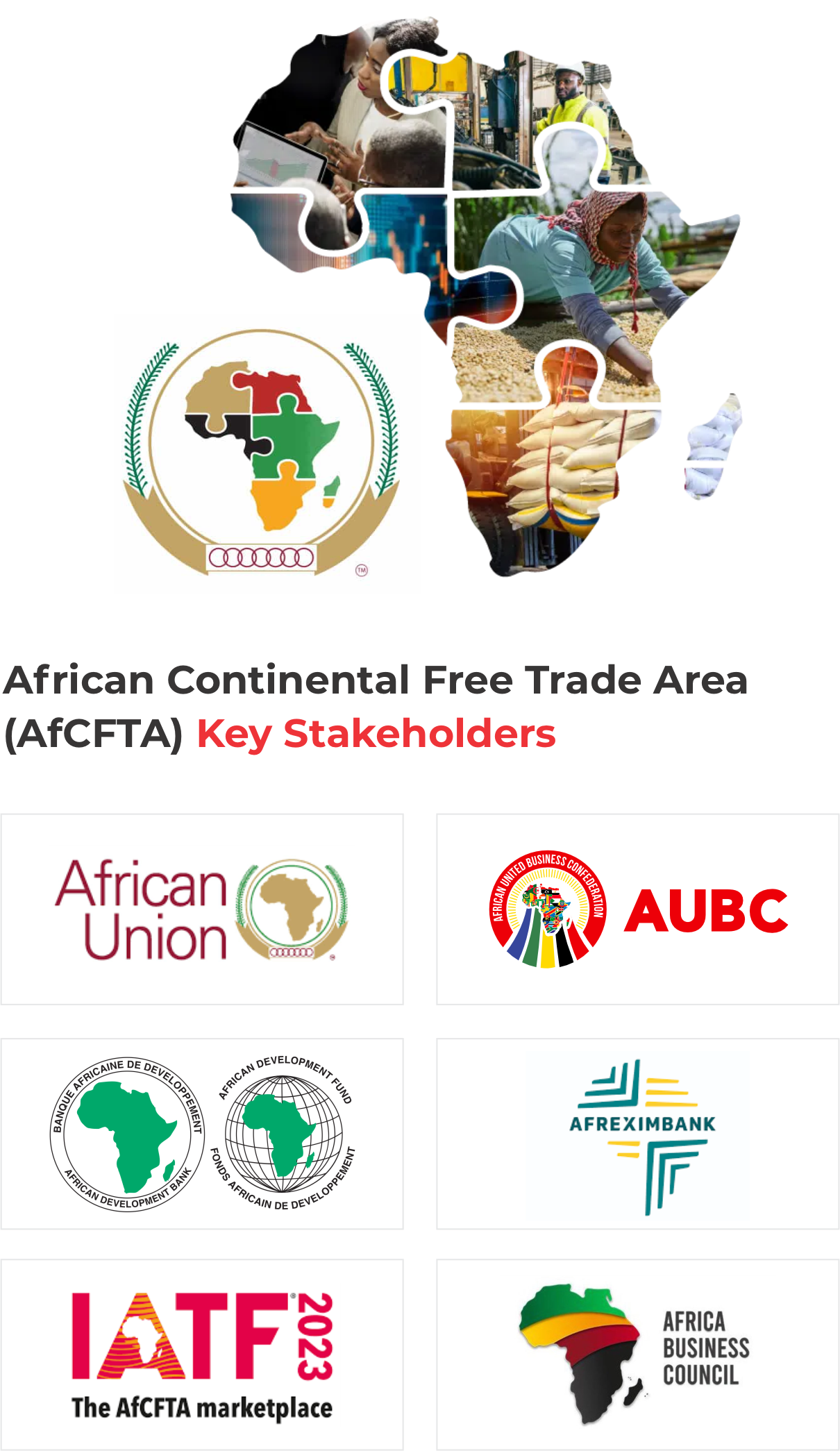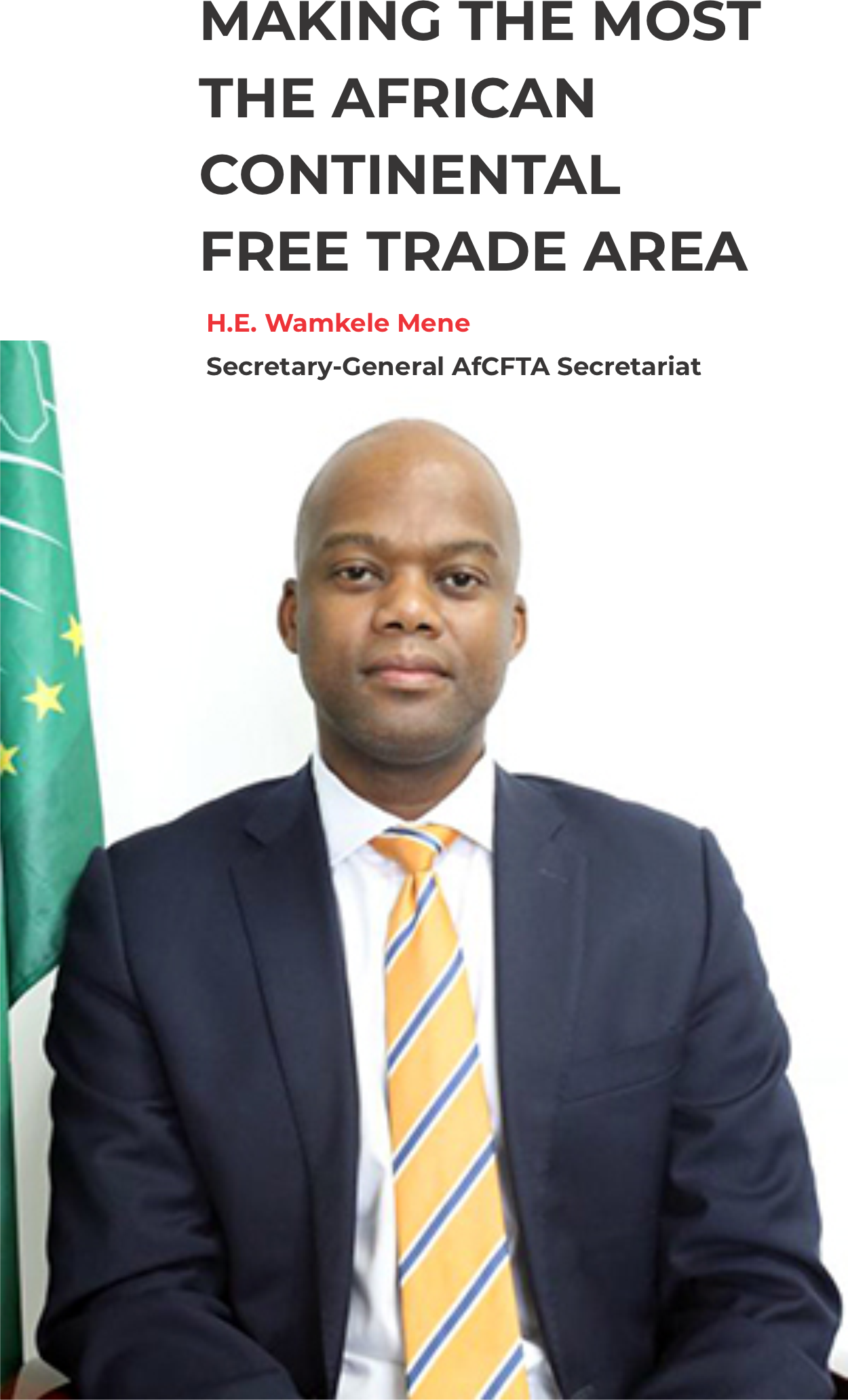
Africa is in the spotlight. The establishment of the African Continental Free Trade Area (AfCFTA) promises to turn Africa into a modern, industrialized, cohesive, and influential player on the global stage. A modern Africa-one that is no longer depleting her mineral wealth to export to foreign markets, but instead industrializing her economies, incubating the entrepreneurial zeal of her burgeoning youth population, and giving her people a chance to live a better life is a dream whose time has come. The AfCFTA aims to utilize trade as an engine of growth and sustainable development by boosting intraAfrica trade. The AfCFTA is more than a pledge to eliminate tariffs, cut red tape, or simplify customs checks. It is a unique opportunity to create an integrated, continent-wide market and a vital step toward building the “Africa we want” in line with the aspirations of the African Union Agenda 2063.
Making the Most of the African Continental Free Trade Area: Leveraging Trade and Foreign Direct Investment to Boost Growth and Reduce Poverty highlights the gateways to Africa’s increased prosperity through the closer economic cooperation the AfCFTA promises. It estimates the potential economic and social benefits of the AfCFTA in terms of boosting trade, attracting foreign direct investment (FDI), enhancing participation in global value chains, accelerating economic growth, reducing poverty, and increasing shared prosperity. The report discusses the political economy of success and the steps necessary to turn the AfCFTA promise into reality.
The deep integration that the AfCFTA promises would build resilience to shocks and play a critical role in lowering the barriers that currently impede economic growth. The Agreement Establishing the African Continental Free Trade Area, if fully implemented, would ease the flow of goods, services, and investment across a market of more than 1.3 billion people. Clear rules are expected to foster entrepreneurship and cross-border investment and ensure markets function fairly and efficiently. The resulting jobs and income growth could lift up to 50 million people out of extreme poverty by 2035, recouping some of the damage caused by the COVID19 (coronavirus) pandemic.
H.E. Wamkele Mene Secretary-General AfCFTA Secretariat said “Inclusiveness is one of the cornerstones of Agenda 2063 and of the African Continental Free Trade Area (AfCFTA), a flagship project of Agenda 2063. Under Aspiration 6 of Agenda 2063, African Union (AU) Member States seek to build an Africa, whose development is people-driven, relying on the potential of African people, especially its women and youth.
One of the key objectives of the AfCFTA is to promote and attain sustainable and inclusive socio-economic development, gender equality and the structural transformation of AfCFTA State Parties. The Assembly of Heads of State and Government of the African Union (AU Assembly), committed to broaden inclusiveness in the operation of the AfCFTA through interventions that support young Africans, women and small and medium size enterprises and subsequently included the Protocol on Women and Youth in Trade within the scope of the AfCFTA Agreement”.

